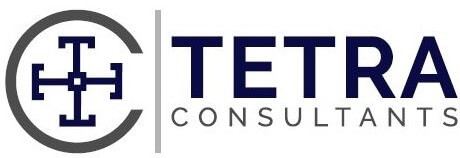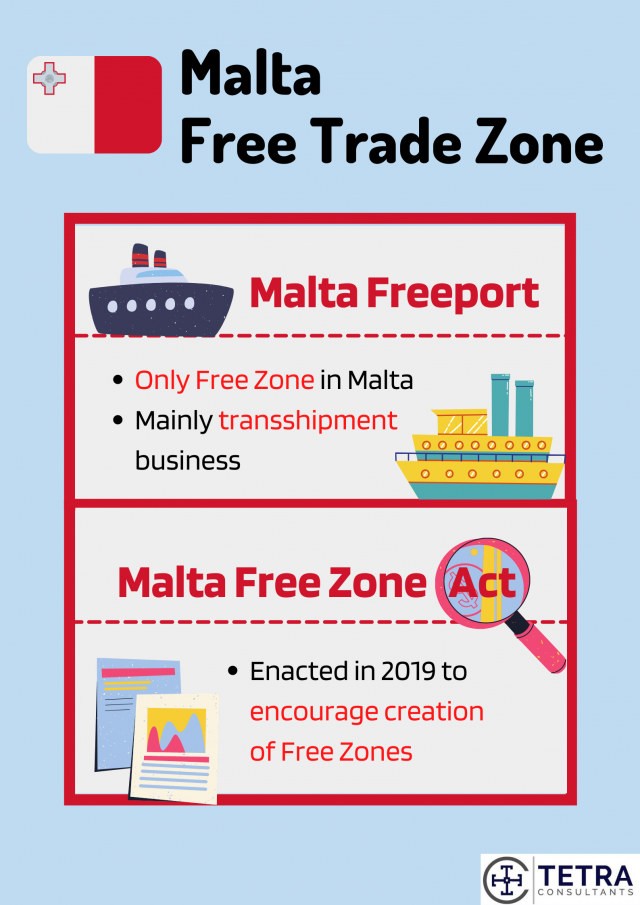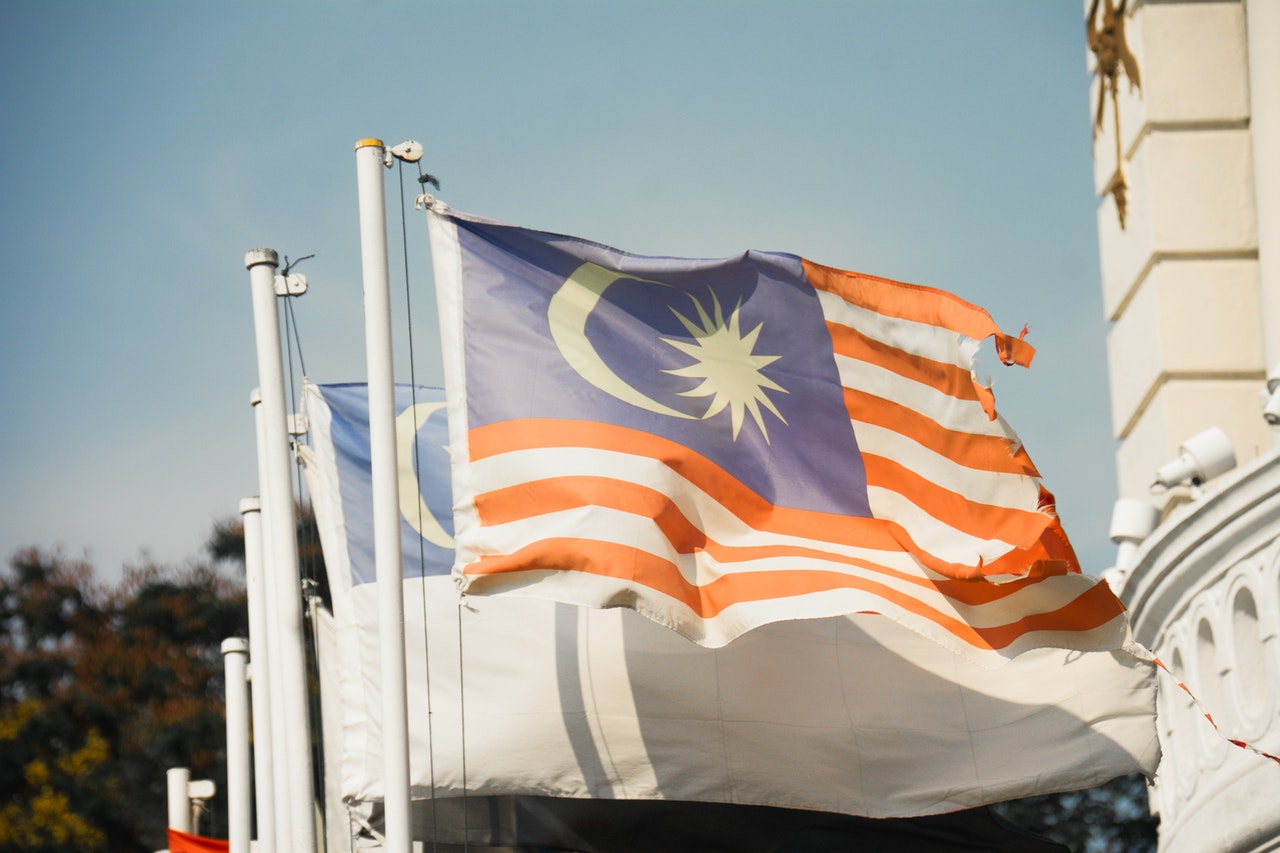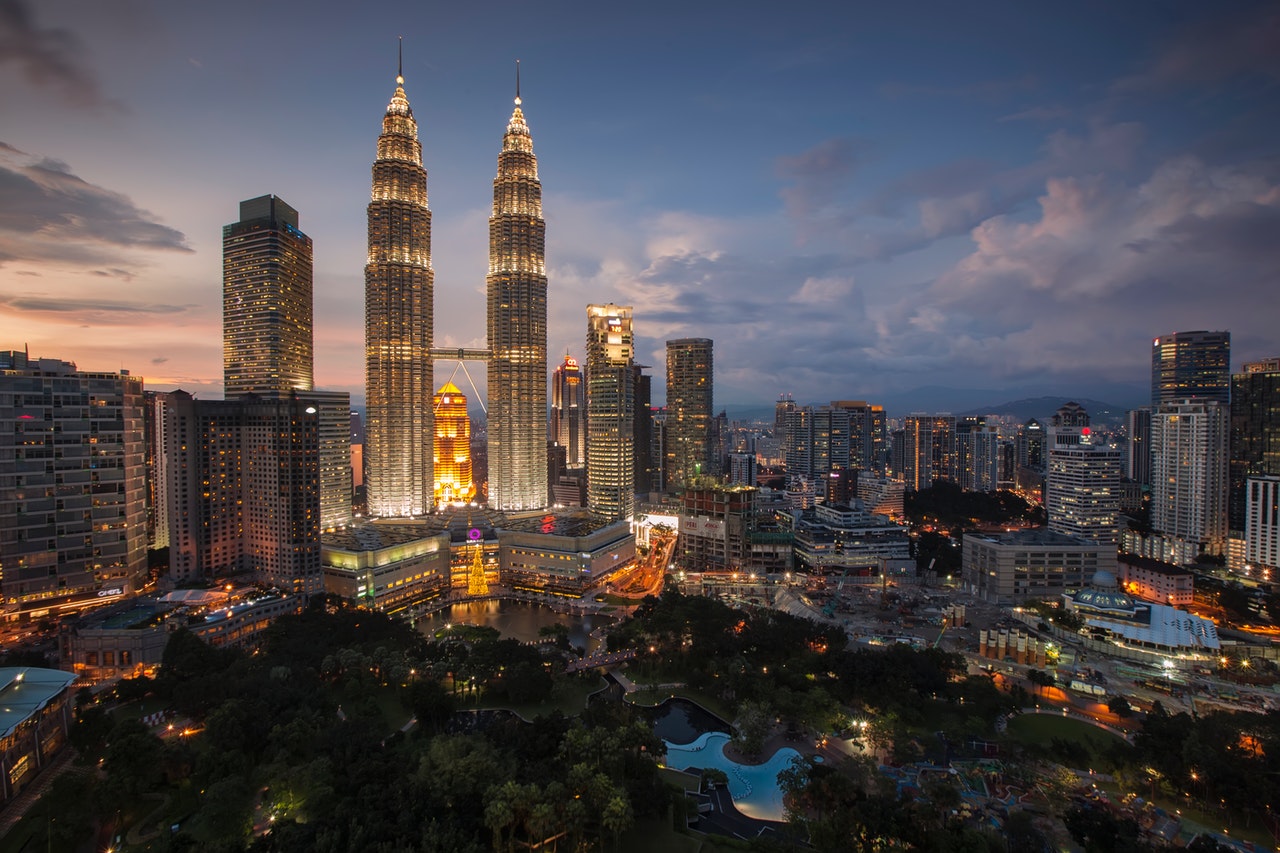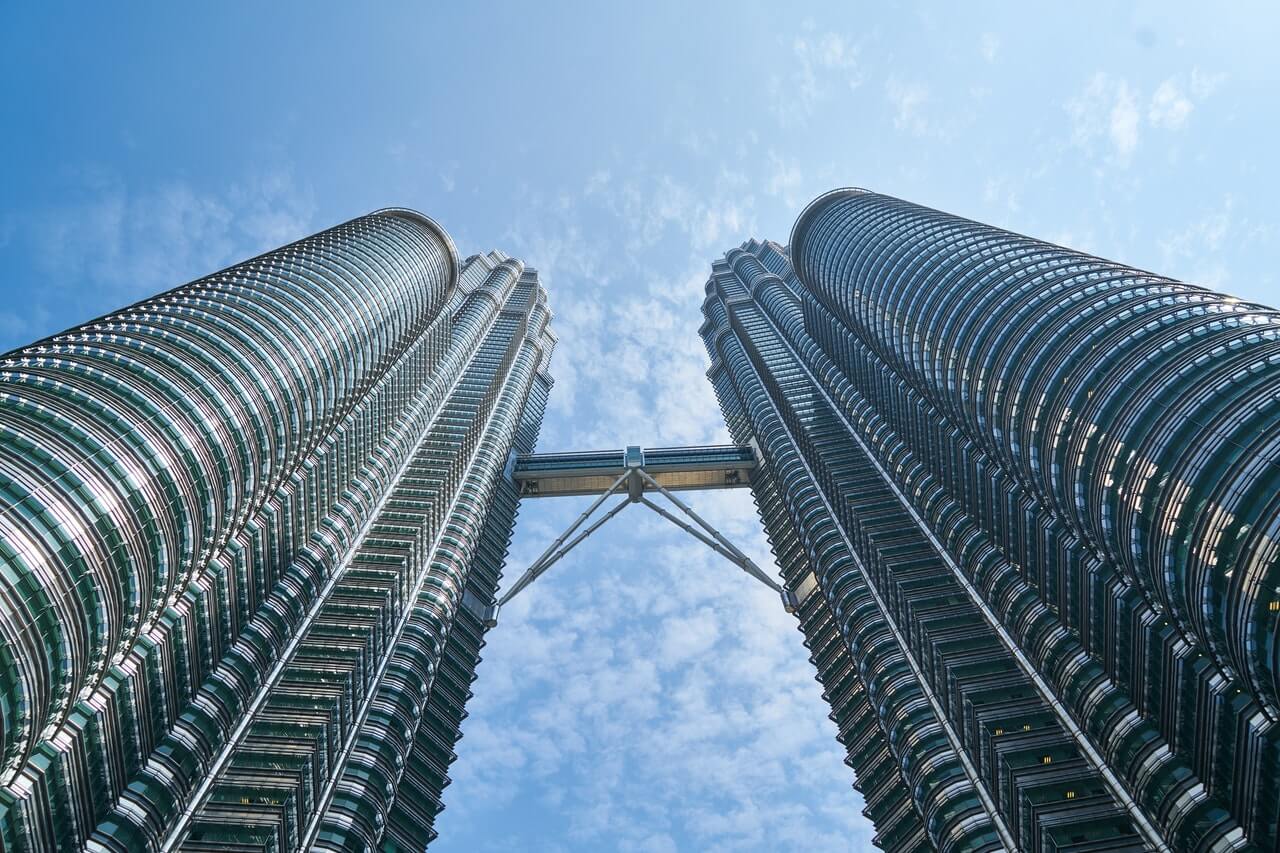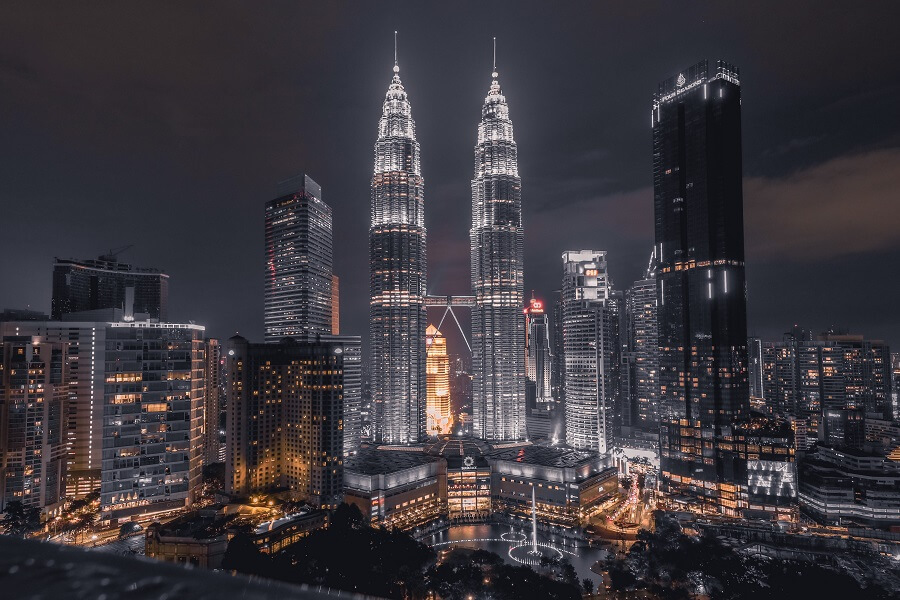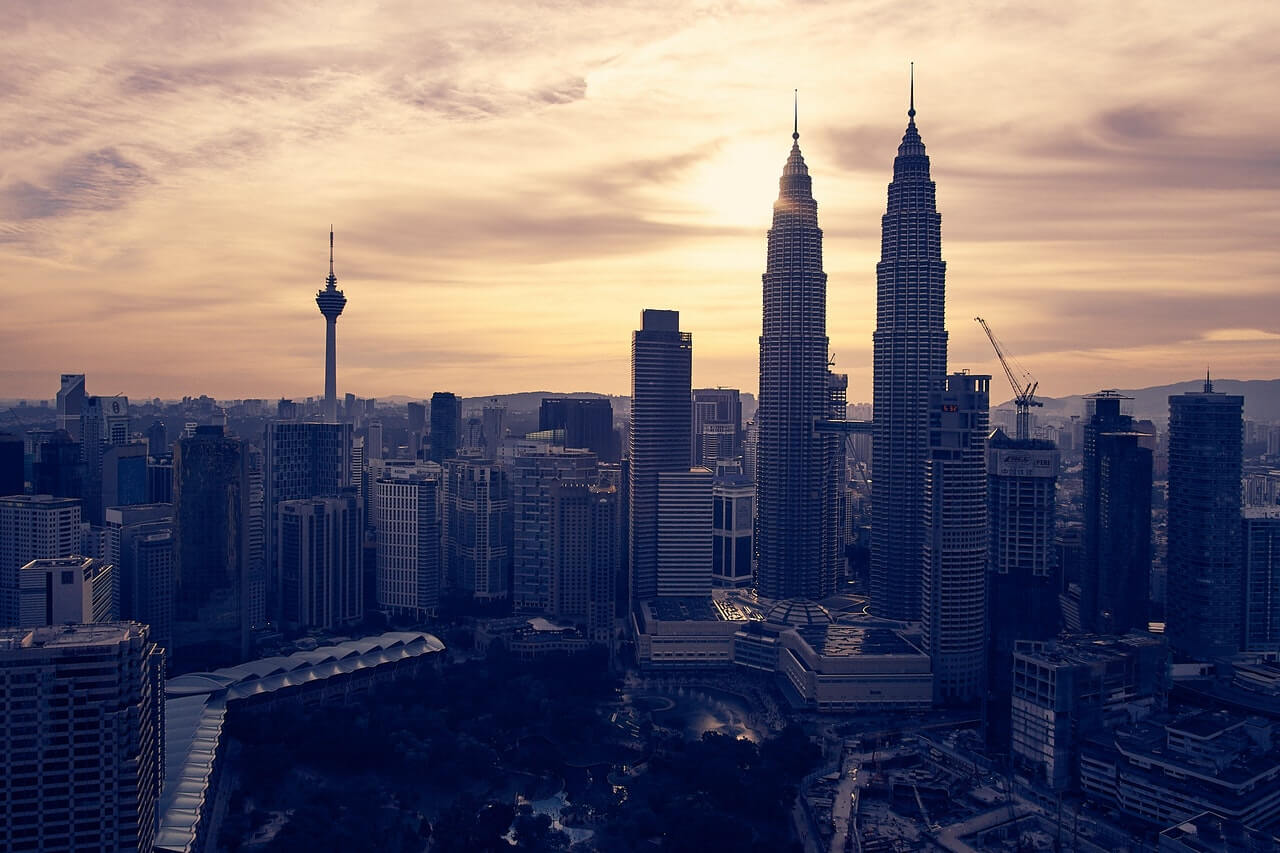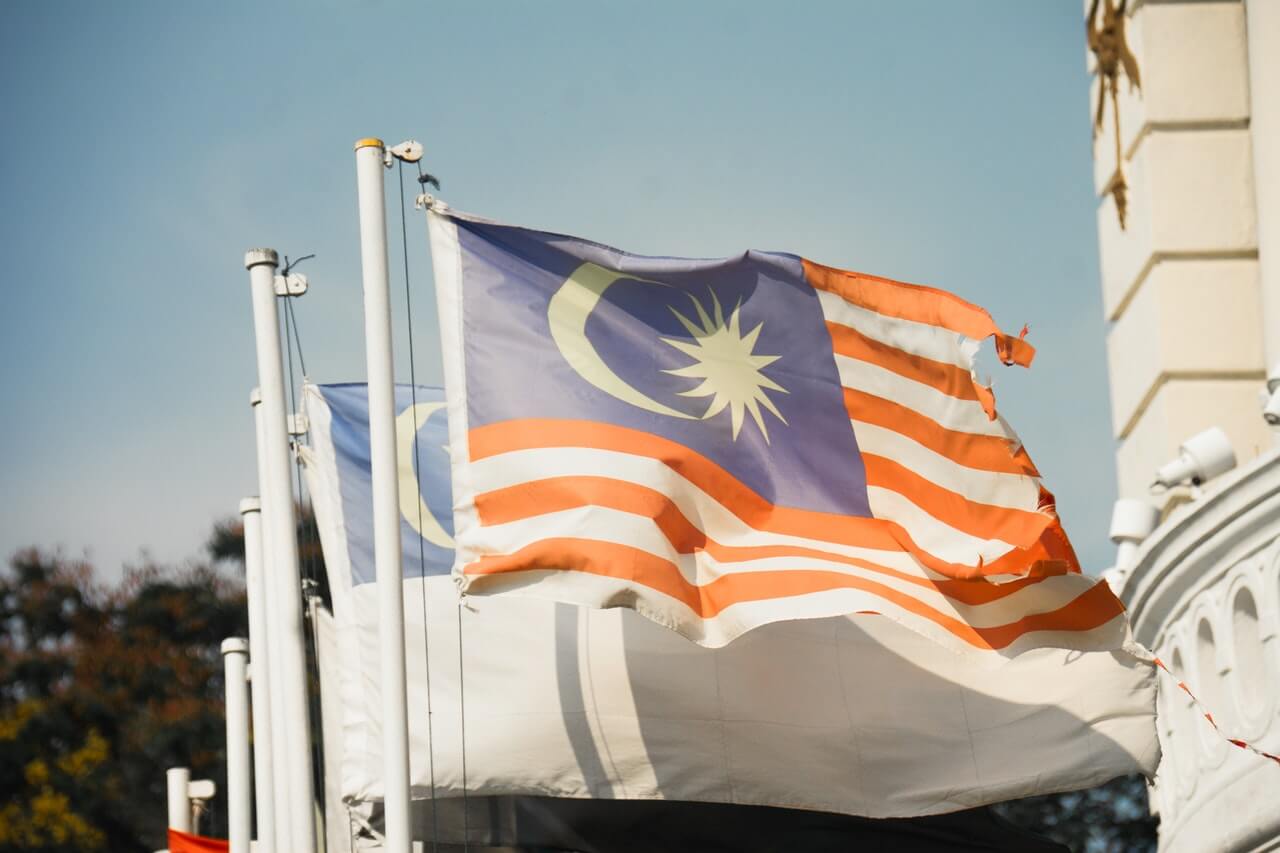马耳他自由贸易区
Established in 1988, the Malta Freeport is currently the only existing Malta Free Trade Zone. As such, the Malta Free Zones Act was enacted in 2019 with the aim of facilitating the establishment of customs-free zone and attracting foreign investments in the manufacturing and logistics sector. The Act allows the Minister responsible for Customs to allocate land in Malta as Free Zones and appoint Free Zones Authority to administer the respective Malta Free Trade Zone. These Free Zones will allow businesses in the area to import goods from outside of the European Union (EU) without having to pay import duty or other taxes.
However, the Malta Free Zones Act 2019 will not apply to existing Free Zones that are governed by other laws. This means that the Malta Freeport will continue to be governed by the Malta Freeports Act.
Malta Free Zone Act 2019
- The Malta Free Zones Act was enacted in 2019 to encourage the set up of 自贸区 in Malta.
- The Free Zone Authority, appointed by the Minister responsible for Customs, will be in charge of the establishment, development, maintenance, operation and conservation of the Free Zone under the supervision of the Commissioner for Revenue.
- The Authority will be given the right to manage and develop land in the Free Zone and determine the type of activities that can be carried out in such Free Trade Areas. The Authority will also decide on the rent charges, levies and fees that companies have to pay when they operate or rent facilities in the Free Zone.
-
- According to the Act, business activities conducted in a Free Zone should mainly revolve around the following:
-
- Production or manufacturing of any goods, materials, commodities, equipment, plant or machinery
-
- Assembly, testing, repair or maintenance of any goods, materials, commodities, equipment, plant or machinery
-
- Labelling, packaging, sorting, dividing, warehousing, storage, exhibition, assembly and other related activities
-
- Provision of services related to business logistics needs
-
- Other activities approved by the Free Zone Authority
- Companies that set up in a Malta Free Trade Zone will have to procure a license from the relevant Free Zone Authority.
Malta Freeport Trade Zones
- The Malta Freeport is a customs-free zone situated near the Marsaxlokk harbour, the largest fishing port in Malta.
- These FTZs in Malta are considered tax free zone as there are no taxes levied on commodities stored in the Malta Freeport.
- The main business and commercial activities carried out in the Malta Freeport include cargo management and storage, as well as other warehousing activities such as packaging, labelling and inspection.
- Linked to 110 ports across 6 continents, the Malta Freeport allows for smoother and faster transport of goods and raw materials between countries. Approximately 96 percent of Malta Freeport’s container traffic can be accounted for by transhipment business.
- Ships that stop at Malta Freeport can enjoy a multitude of benefits, including fewer mainline port calls and shorter voyage times due to lesser diversions and faster transit times.
- The Malta Freeport’s two main terminals, Terminal One and Terminal Two, offer a total of 20 Quayside Cranes, a number of Yard Cranes and other ancillary yard equipment.
How to set up company in Malta Free Trade Zones
第 1 步:选择最佳公司类型
- According to the Malta Freeports Act, only a limited liability company can obtain a license to set up in the Malta Free Trade Zone.
- A Malta limited liability company must have at least 2 shareholders of any nationality, 1 director of any nationality, 1 Maltese company secretary and a Malta registered office address.
- The minimum share capital for a Malta private company is EUR 1,164 of which 24% must be paid-up.
第2步:保留公司名称
- Tetra Consultants will search and reserve your company name through the website of the 马耳他商业登记处注册公司. The company name can be reserved for up to three months.
第 3 步:相关文件的准备和提交
- Before Tetra Consultants can incorporate your company in Malta, you are required to provide a list of required KYC documents. Some of these documents include the names of directors, company’s resolution and identification proof.
- You will also be required to provide a bank statement to show that the minimum paid-up capital requirement has been met.
- 根据所提供的文件,特加商务咨询将起草并公证组织大纲和章程、商业计划和其他公司成立相关文件。
- After preparing the required documents, Tetra Consultants will register your company through the Malta Business Registry.
- 公司注册成功后,特加商务咨询会将公司注册证书、组织章程大纲和章程细则以及其他公司文件快递到您的首选地址。
Step 4: License Application
- Tetra Consultants will prepare the documents required for license application such as the Memorandum and Articles of Association, financial information of important shareholders, detailed business plan including financial information of the proposed activities, as well as the required facilities for the proposed activities.
- Once the relevant documents have been prepared, Tetra Consultants will apply for a license from the Malta Freeport Authority.
第5步:企业银行开户
- 根据您的业务结构,开设企业银行账户所需的文件略有不同。
- 特加商务咨询将帮助您整合文件并在您选择的信誉良好的银行开立企业银行账户。
- Typically, directors and shareholders are not required to travel to Malta if they wish to open a local corporate bank. However, if travel is required, we will have a representative accompany you to the bank meeting. Alternatively, our team will negotiate with the banks to conduct a conference call instead or to request for a waiver.
- 成功开立企业银行账户后,特加商务咨询会将网上银行令牌和访问代码快递到您的首选地址。
Advantages of Malta Free Trade Zones
Tax Incentives for Malta Free Trade Zone
- Since the Malta Freeport is a Free Trade Zone, businesses that set up in Malta Freeport will be exempted from custom duties. Imported goods will also be exempted from indirect taxation. However, goods transferred out of the Freeport as exports or into other regions of Malta will be subjected to the usual VAT, import or excise duties.
- Companies in Malta Freeport are also exempted from stamp duty and withholding tax to foreigners.
Support infrastructure for cargo management activities
- Strategically located at the crossroads of the Mediterranean, the Malta Freeport has a minimal diversion distance of six nautical miles between Gibraltar and Suez Canal.
- Currently, Malta Freeport has a total annual capacity of 3.8 million TEUs, which is speculated to continue to increase in subsequent years.
- The Freeport also has numerous state-of-the-art transhipment facilities and a top-notch Terminal Operating System Navis N4 Version 3.7 that ensures efficient operation of activities in the Port.
- Operating vessels in the Malta Freeport typically have a capacity of at least 20,000 TEUs.
- The Malta Freeport Authority can issue “Made in Malta” certificates to goods that have been substantially transformed such that there is value added to the new good. This makes it attractive for businesses that are in charge of repackaging and processing imports to make it more valuable.
How to proceed with registering a company in Malta Free Trade Zones?
现在联系我们 以了解有关 register a company in Malta Free Trade Zone. Our team of experts will revert within the next 24 hours.
常见问题
How many Free Trade Zones does Malta have?
- There is currently only one Free Trade Zone in Malta, the Malta Freeport. With the enactment of the Free Zones Act in 2019, the Malta government plans to encourage the creation of Free Trade Zones to attract more investment into Malta. The Free Trade Zones will focus on manufacturing and logistics activities and allow businesses in the area to import goods from outside of the EU without having to pay import duty or other taxes.
What are the benefits of setting up in Malta Freeport?
- Strategically located in the middle of important shipping routes, Malta Freeport is a popular location for both local and foreign ships stopping to load and discharge goods and commodities. Businesses that set up in Malta Freeport will enjoy exemption from custom duties, stamp duty and withholding tax to foreigners. Currently, Malta Freeport has a total annual capacity of 3.8 million TEUs, which is speculated to continue to increase in subsequent years.
Can a company in a Free Trade Zone be wholly foreign-owned?
- Yes, a Malta company can be wholly foreign-owned since it is subjected to the same requirement of a regular limited liability company. There is no nationality or residence requirement for directors in a Malta Limited Liability Company.
What is the Malta Free Zones Act?
- The Malta Free Zones Act was an economic policy enacted in 2019 with the purpose of encouraging the creation of new Free Trade Zones in Malta. The Minister responsible for Customs will appoint a Free Zone Authority who will be in charge of establishing and maintaining the Free Trade Zone. The main business activities conducted in the Free Trade Zone will be manufacturing and logistics activities. The Free Zones will allow businesses in the area to import goods from outside of the EU without having to pay import duty or other taxes.
- The current Free Trade Zone in Malta, Malta Freeport will not be governed by the Free Zones Act. Instead, it will continue to be regulated by the Malta Freeports Act.
What is a Freeport?
- A freeport is the same as a Free Trade Zone and is located near shipping ports or airports. Goods in freeports are typically exempted from import duties and tariffs unless they leave the freeport as exports or are transported to other regions of the country. Since a freeport is a Free Trade Zone, it may enjoy other tax benefits depending on the Free Zone Authority governing it. Business support services and infrastructure such as distribution, storage and processing facilities are typically also provided in a freeport.
What is the purpose of a Free Trade Zone?
- The main purpose of a Free Trade Zone is to allow goods and commodities to be transported to and from the Free Trade Zone without being subjected to tariffs or customs regulations. This will simplify and fasten the transfer of goods and services between the Free Zone and other regions or states. As the Free Trade Zone’s main aim is to facilitate the distribution, storage and transport of goods, it will typically have the relevant distribution and storage facilities.
What are the different types of free zones?
- Different countries have different types of free zones, such as Free Trade Zones, Special or Free Economic Zones, and Freeports. In Malta, the main type of free zone is called the Freeport, which is a customs-free zone situated near the port harbour of Marsaxlokk.
What countries have free trade zones?
- Many countries all over the world have free trade zones. Some of these countries include Malta, China, Lithuania, Germany and Malaysia.
How do free zones work?
- Free Zones in Malta are run by special Free Zone Authorities to facilitate the distribution, storage and transport of goods to increase international trade. This is through allowing licensed companies to set up within the area to enjoy exemption from duties or taxes levied on goods transported in and out of the Zone.
